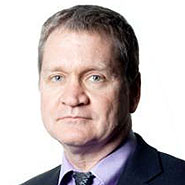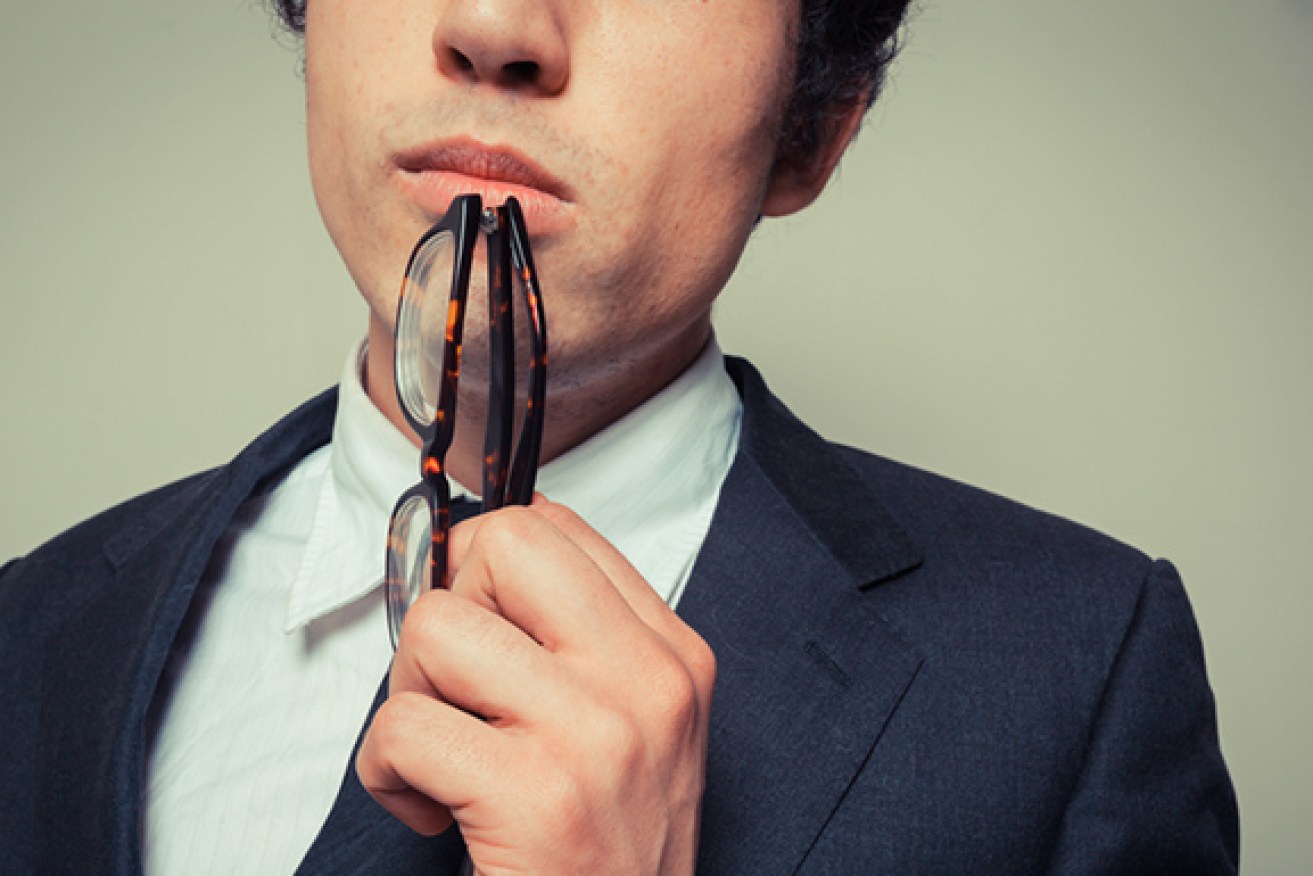Quiet achievers: why introverts can be great workers


Shutterstock
Some years ago, I was waiting for a test result and, when my time came, the health professional tried to break the news gently.
The look on her face said it was serious but not terminal.
With a gentle smile, she explained that my test showed that I was … an introvert. From memory, the Myer-Briggs personality test revealed that I was an INTP, a type sometimes known as the philosopher, the architect, or dreamy professor.
• Chasing happiness at work is time well spent
• Why I’m not so hot about ‘hot desking’
• How Team Australia is hurting our young people
Since then I’ve read critiques of the Myer-Briggs test which reinforced my early scepticism (which stemmed from knowing that I was often illogical).
One psychologist I know says they are a starting point for such judgments, rather than a final destination.
I wasn’t too bothered at the time. I’m an extroverted introvert who enjoys chatting, but who needs a break from time to time. I can even be boisterous, particularly as a young fellow.
Nowadays, people don’t talk about the introvert/extrovert continuum like they used to. Modern teenagers throw in casual references to being OCD, which appears to be an overhang of post-modern parenting and childhood.
But many big employers still put great store on psychological indicators.
Maybe they’re looking for reassurance in an uncertain world. Where every hiring decision is a trial run, particularly until a person is put under pressure or stress.
One friend of a friend rued the time she applied for a job as air hostess and indicated that she liked to read books, rather than always being ready for the next party. Even worse, in the interview she revealed that the last book she’d read was a novel by Patrick White.
Fail! The lesson was that reading Australia’s only Nobel Prize winner for literature was admirable, but only in certain quarters, or certain dinner parties.
In my profession, journalism, being an introvert of sorts has proven no hindrance. Working in open plan newsrooms requires creating a little bit of space, even if it is only headspace. But conditions would be hellish if everybody in the newsroom was a booming extrovert.
Besides, one of the essential traits of a good journalist is to shut up and listen. Even if only for a while, before you carry on like a pork chop down at the pub afterwards.
The great American writer Joan Didion has even said that her shyness helped her, that people felt they had to fill the vacuum when conversation lagged.
Personally, I would love to see the personality tests of some my editors. Being a successful editor requires SOME despotic tendencies. One editor reckoned that he and his offsider had dispensed with the good cop/bad cop routine when dealing with staff and moved on to Bad Cop/Anti-Christ.
But I digress. A recent article published on Quartz.com argued that many people confused being introverted with shyness, when introversion was about how a person handled stimulation and processed information.
Furthermore, the article scoffed at misconceptions like introverts have nothing to say and can’t be leaders.
“Truth be told, you’ll be overlooking a lot of potential. Recent research has shown that introverts are more open to differences in opinions than their extroverted colleagues,” the article said.
“As a result, they are more likely to make informed decisions. In fact, it has been shown that their hesitancy to monopolise the conversation can make them powerful team leaders.”
For example, you can have a successful World War II general like Montgomery who often wore a plain beret. Or General Patton who sported ivory-handled pistols.
Introverts might not rule, but we have nothing to be rueful about, either. Neither do our workmates and bosses.
Mark Skulley is a freelance journalist who is based in Melbourne. He was a reporter for The Australian Financial Review for almost 19 years, which included a decade covering national industrial relations and the world of work. He has since written for The New Daily and other outlets.








